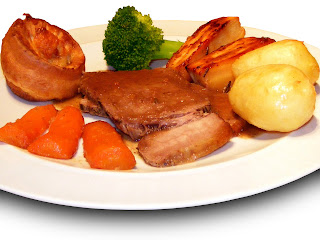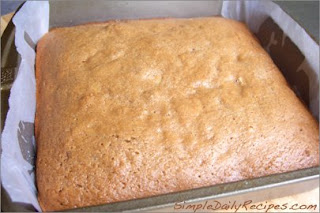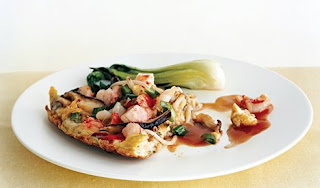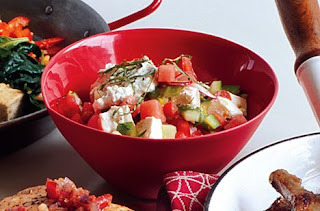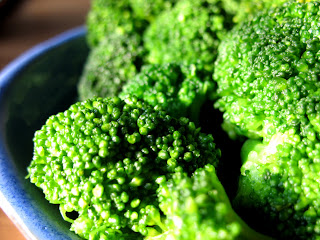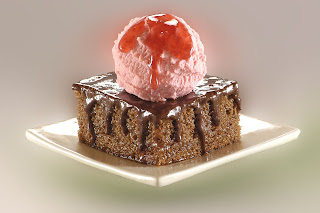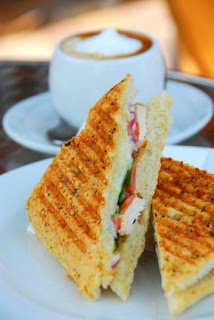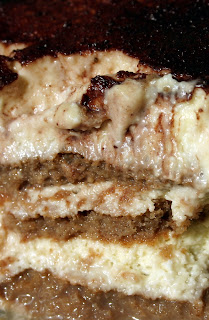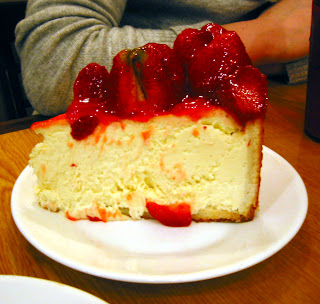 I've been thinking about pizza all morning. This is unusual, not because I don't normally think about food --I often plan whole four course meals in my head and scribble out grocery lists as a way to pass the time -- but because I've only recently developed a fondness for pizza. As a child I was the only kid in the classroom who regularly listed pot roast or barbecued pork chops rather than the cheese laden Italian pie as her favorite good. I found that pizza was too sloppy to eat without accident, too prone to burn the roof of my mouth, and left me thirsty for hours after I ate a slice. I didn't hate it, and would happily eat it when it was given to me as a reward for reading books or winning a school-wide contest, but it was not the kind of meal I dreamed about in drooling anticipation. It was like hamburger gravy - something that was served to me when mom couldn't come up with anything better.
I've been thinking about pizza all morning. This is unusual, not because I don't normally think about food --I often plan whole four course meals in my head and scribble out grocery lists as a way to pass the time -- but because I've only recently developed a fondness for pizza. As a child I was the only kid in the classroom who regularly listed pot roast or barbecued pork chops rather than the cheese laden Italian pie as her favorite good. I found that pizza was too sloppy to eat without accident, too prone to burn the roof of my mouth, and left me thirsty for hours after I ate a slice. I didn't hate it, and would happily eat it when it was given to me as a reward for reading books or winning a school-wide contest, but it was not the kind of meal I dreamed about in drooling anticipation. It was like hamburger gravy - something that was served to me when mom couldn't come up with anything better. My view of pizza as a convenience food of mediocre flavor continued throughout my teen years. At the high school snack bar, I was more apt to order a cookie and a container of milk than a slice of pepperoni. And when students in my dorm at college called for delivery I could usually be talked into chipping in, but it wasn't ever my first choice. (That would have been a trip to Friendly's for Vienna Mocha Chocolate Chunk sundaes with chocolate syrup in place of the hot fudge, chocolate sprinkles and NO cherry. Cherries pollute the whipped cream and are evil.) What has changed my mind now is fairly simple: I've actually had good pizza.
The pizzas of my formative years were all of a piece: The crusts, both thin or thick, were almost always undercooked so that the slice bent in half dropping toppings onto my lap the moment I picked it up. These bendable pies were covered with nothing beyond salty mozzarella cheese, canned vegetables, and greasy pepperoni. They were from chain pizza joints or local pizza and sub shops that used the same basic recipes as the chain restaurants. The most exotic topping available at most places was pineapple, and no one would ever let me order it. Pizza was, put simply, bland and boring.
Then revelation struck. I was at a local theatre group's cast party last year and the pizza available was not from one of our small town's chain restaurants, but from the Italian restaurant run by a little German woman named Inga. (Yes, an Italian restaurant with a German cook. It's the Midwest. I can't explain it beyond that.) Since there was nothing else available to eat and I was hungry, I took a piece of the simplest looking pie which had had brought for the vegetarians. It was topped with nothing more than sauce, cheese, tomatoes, basil and roast garlic. But the tomatoes and basil were fresh, the cheese and sauce judiciously applied, and the garlic toasted to a golden glowing brown. The crust was thin, and just crisp enough to make a structurally sound piece of finger food without being cracker-like and over-cooked. The first piece was a pure gluttonous joy which didn't significantly diminish for the second and third slices.
I had been assumed into food heaven and choirs of angels were singing on my tongue.
I've never again had a pizza quite like it. Even ordering the very same thing from the very same restaurant has failed to duplicate the experience. But those three perfect slices changed my perception of pizza forever, and since then I've been keen to try any and every kind until I find another awe inspiring pie. What my search has taught me is this: Small towns in the Midwest - my well-loved home stomping ground - have the worst pizza in the country. They may even have the worst pizza in the world.
Most Midwestern small towns' pizza joints' toppings never go beyond the usual meats, canned mushrooms, green peppers, onions, and sliced ripe olives. The doughy, bendable crust I remember from my childhood is still the norm. I had to go to Chicago to discover wood fire pizza with pancetta and artichokes, and to New York for a six mushroom pizza with truffle oil and crust so thin and crisp it practically melted on my tongue. London contributed a simple cheese and tomato pie so perfect in its simplicity that it actually offered a viable alternative Indian food for a week. And in Boston, I was once served a strange, but wonderful, pie topped with goat cheese, mixed greens, and drizzled with a fruity balsamic vinaigrette. Then there are all the places that have delighted me by offering feta or blue cheese, jalapeño peppers, kalamata olives, zucchini, baby spinach, artichoke hearts, thinly sliced eggplant, roasted tomatoes, caramelized onions, roasted garlic, and fresh herbs as topping choices. Not to mention the white pizzas with clam sauce or all the pies which substitute more pungent cheeses for the traditional mozzarella.
Right now, my favorite topping pair is very simple: jalapeno peppers with pineapple. It's truly the perfect marriage of spice with sweet. If only I could find a place with a decent crust and sauce from which to purchase it.
I fail to understand why the Midwest has fallen so far beyond the national 8-ball when it comes to gourmet pizza. We were cursed with thong baring low-riders, tongue piercing, and Red Bull right along with the rest of the country, so isolation driven parochialism simply isn't a convincing argument. And you can't tell me that Midwesterners don't eat out as much as people in other parts of the country, not when every local steak house is filled to capacity every Friday, Saturday and Wednesday night. Stubbornness might play a role. Midwesterners want to eat what they've always eaten; we cling to our comfort food with an unmatched ferocity. (This may explain why molded jello salads and Miracle Whip dressing remain so prevalent here while they faded into ignominy in the rest of the country long ago.)
But asking Midwesterners to eat fancy pizza isn't at all the same as asking them to eat sushi or tapas or any of the other food trends that have blossomed elsewhere. Pizza is something they're already familiar with; it's not a 'weird' food or a 'foreign' food, so there shouldn't be any of the initial resistance they'd have to something entirely new.
I can only conclude that the major problem is that Midwesterners lack imagination. It's the only possible explanation for why pizza here is stuck in the same rut. It's depressing. Especially since I could really go for one of those six mushroom with truffle oil pies right now. Damn. How long until lunch?
-Kathleen Notestine
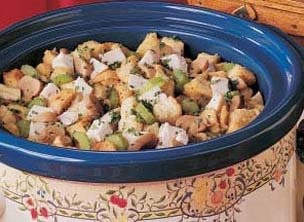
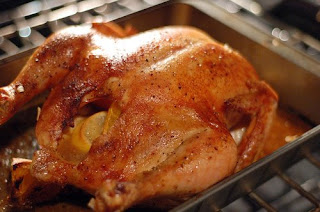
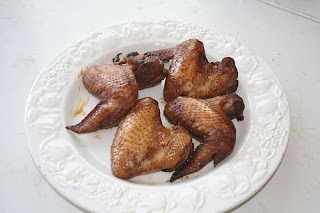
 Most of us think of live Maine lobsters with those two large, meaty claws when we think of lobsters. You buy them live in many supermarkets today or have them sent to you via the Internet. If a Maine lobster is missing a claw, it is called a "cull".
Most of us think of live Maine lobsters with those two large, meaty claws when we think of lobsters. You buy them live in many supermarkets today or have them sent to you via the Internet. If a Maine lobster is missing a claw, it is called a "cull".
